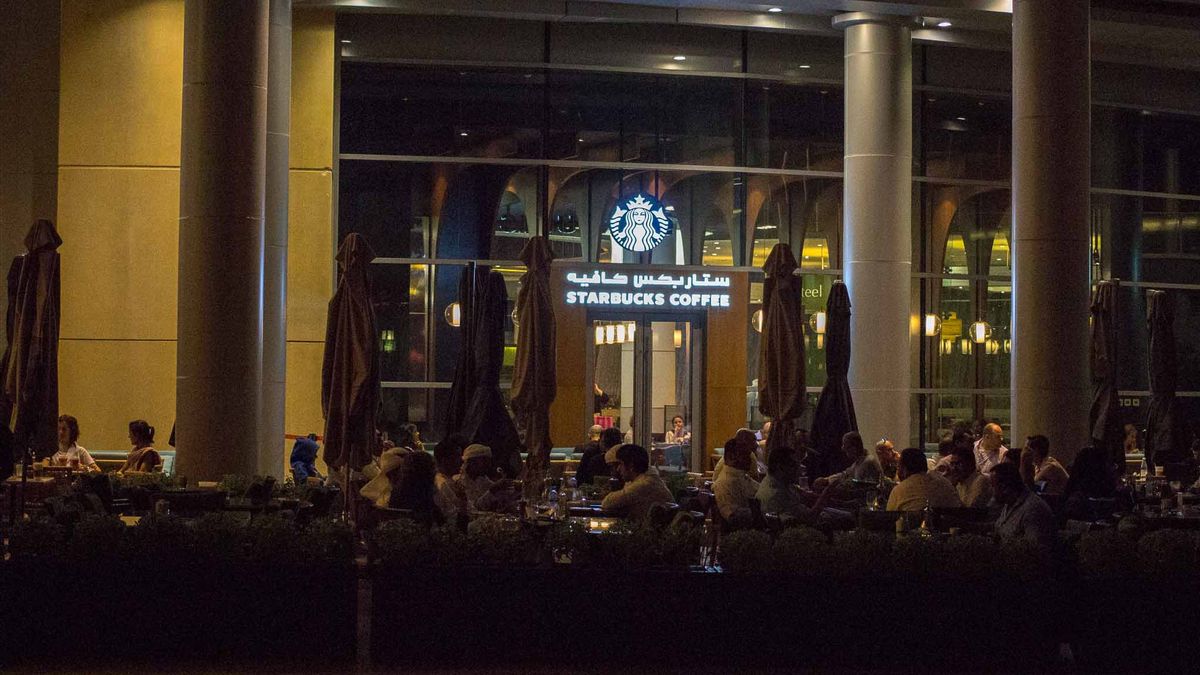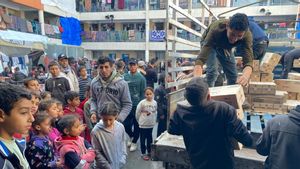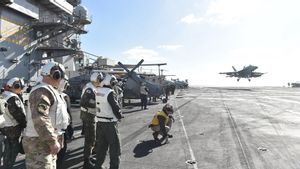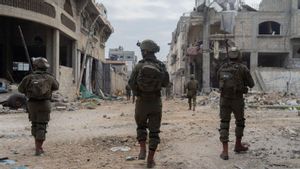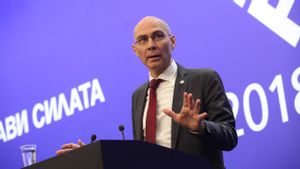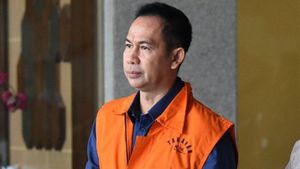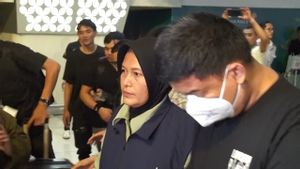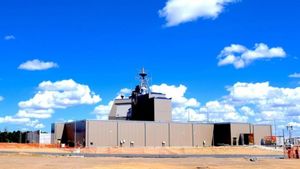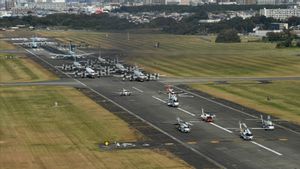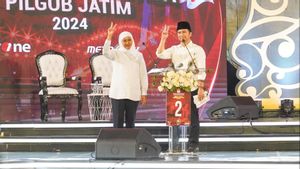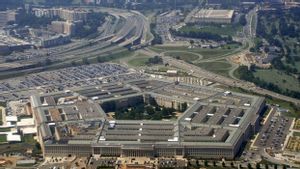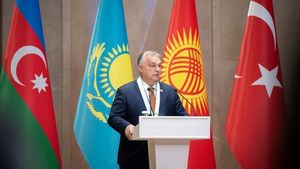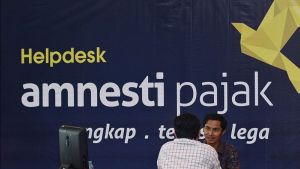JAKARTA - The retail giant in the Gulf AlShaya Group area, which has the right to operate Starbucks outlets in the Middle East and North Africa (MENA), plans to lay off more than 2,000 workers, as their businesses suffer from a war-related consumer boycott in the Gaza Strip.
The reduction, which began on Sunday, amounted to about 4 percent of AlShaya's total workforce of nearly 50,000 people. Most are concentrated in Starbucks franchises in the Middle East and North Africa, said a person who declined to be named, quoted by Reuters on March 6.
One of the sources familiar with this said the boycott had caused difficult trading conditions for the company.
"As a result of the challenging trade conditions over the past six months, we have made a sad and very difficult decision to reduce the number of co-workers at our Starbucks MENA store," AlShaya said in a statement, without confirming the number of employees dismissed.
AlShaya said his party would support its workers who left the business and remain committed to the region.
"Our thoughts are on green apron partners leaving, and we would like to thank them for their contribution," a Starbucks spokesperson told Reuters.
"Starbucks remains committed to working closely with AlShaya to drive long-term growth in this important region," a Starbucks spokesperson added.
Neither the AlShaya Group nor its sources mention how many staff the group employs in Starbucks operations.
Founded in 1890 in Kuwait, AlShaya was one of the largest retailers in the region to have the right to run a popular Western brand business, including The Cheesecake Factory and Shake Shak.
The company has the right to operate Starbucks coffee shops in the Middle East since 1999. Starbucks units run about 2,000 outlets in 13 countries spread across the Middle East and North Africa, as well as Central Asia.
It is known that Western brands have been affected by the mostly boycott campaign that occurred spontaneously on Israeli military attacks in the Gaza Strip, Palestine.
SEE ALSO:
After the boycott, Starbucks in October declared it a non-political organization and dismissed rumors of providing support to the Israeli government or army.
Starbucks said in January that the Israel-Hamas war had harmed its business in the region, as it did not meet market expectations of first-quarter results.
It said sales were significantly affected by the conflict in the Middle East and the United States, as some consumers launched protests and boycott campaigns asking companies to take a stand on the issue.
The English, Chinese, Japanese, Arabic, and French versions are automatically generated by the AI. So there may still be inaccuracies in translating, please always see Indonesian as our main language. (system supported by DigitalSiber.id)
